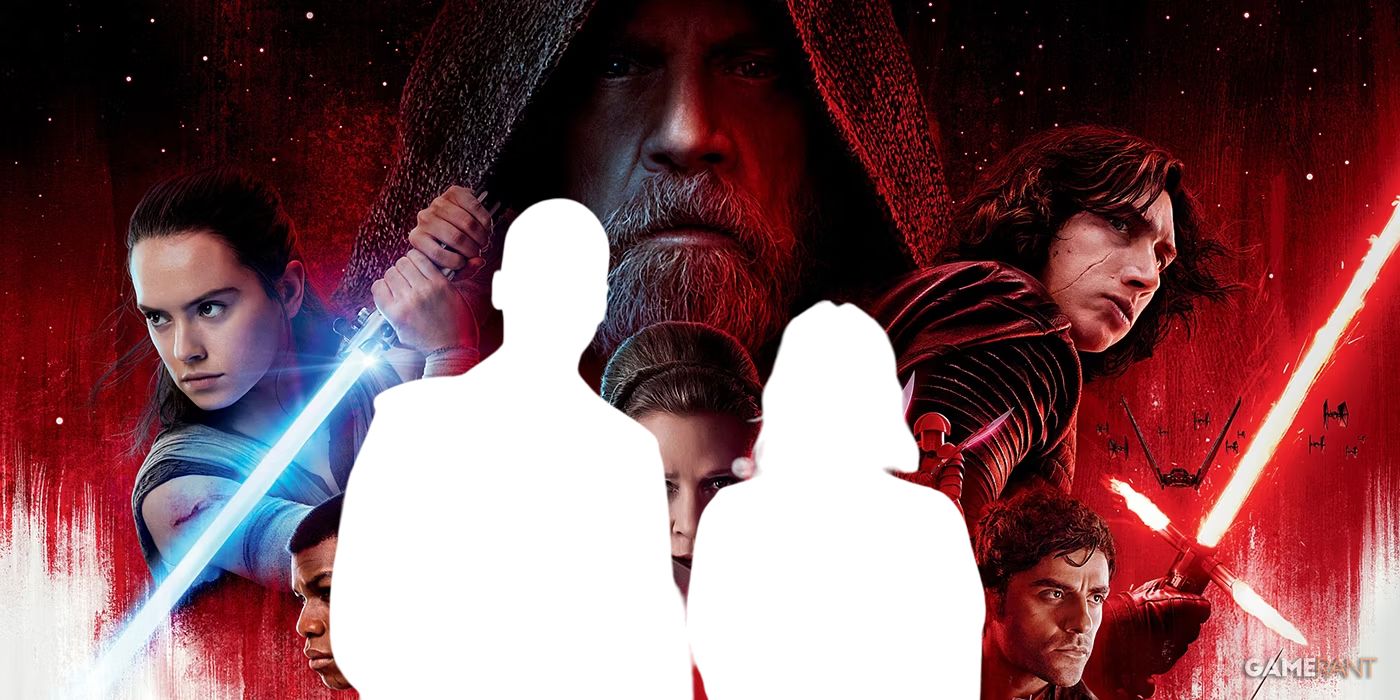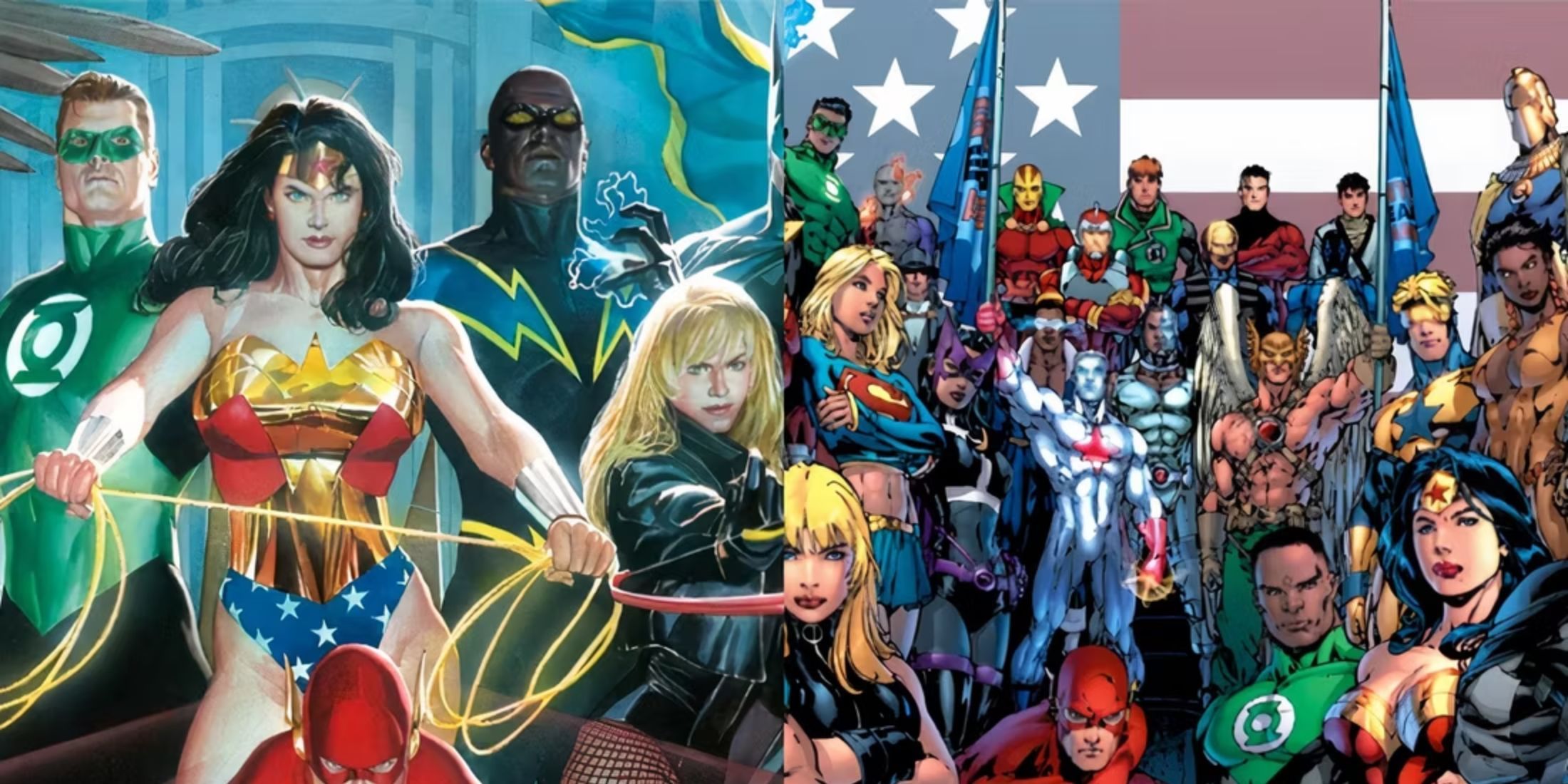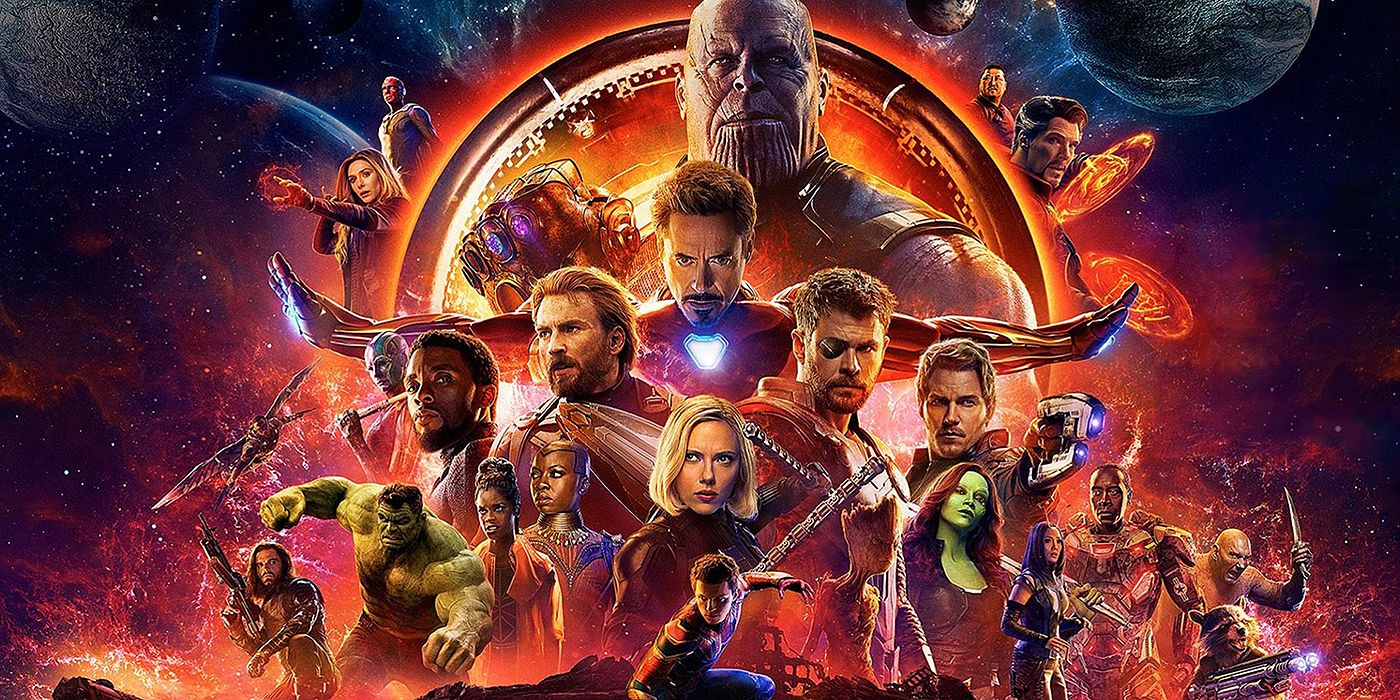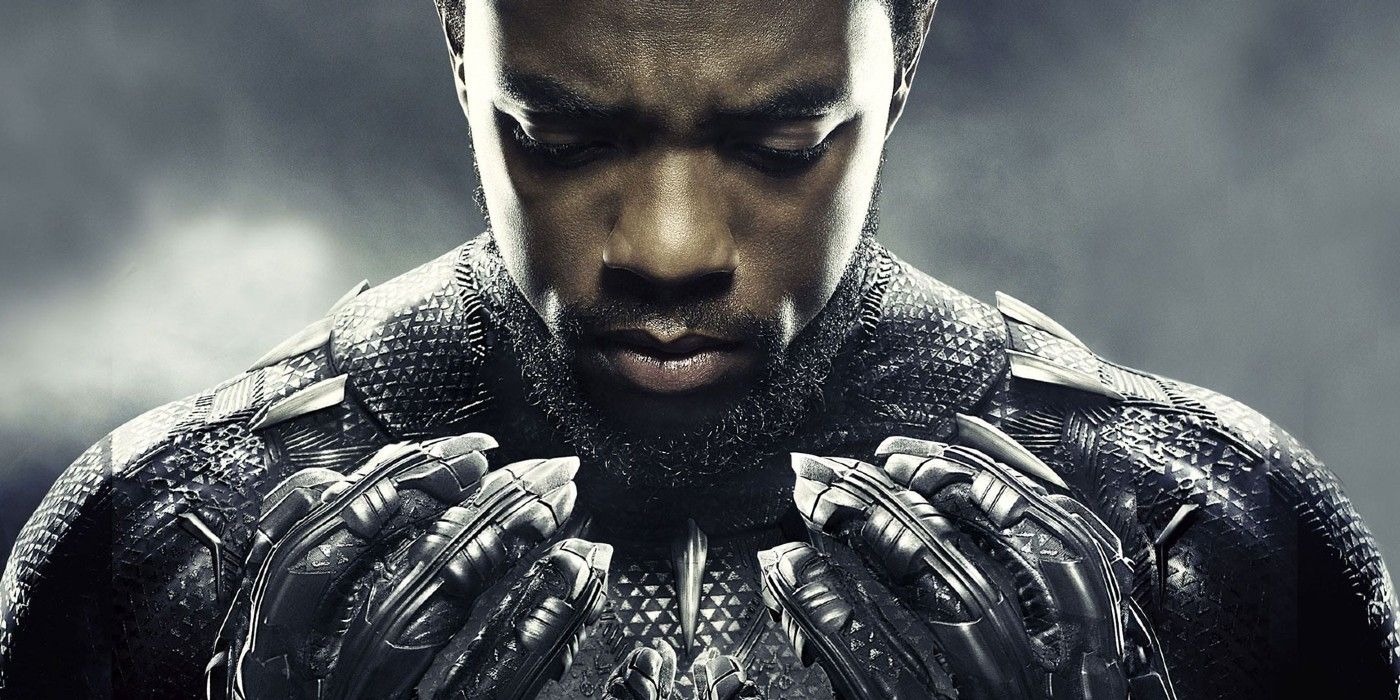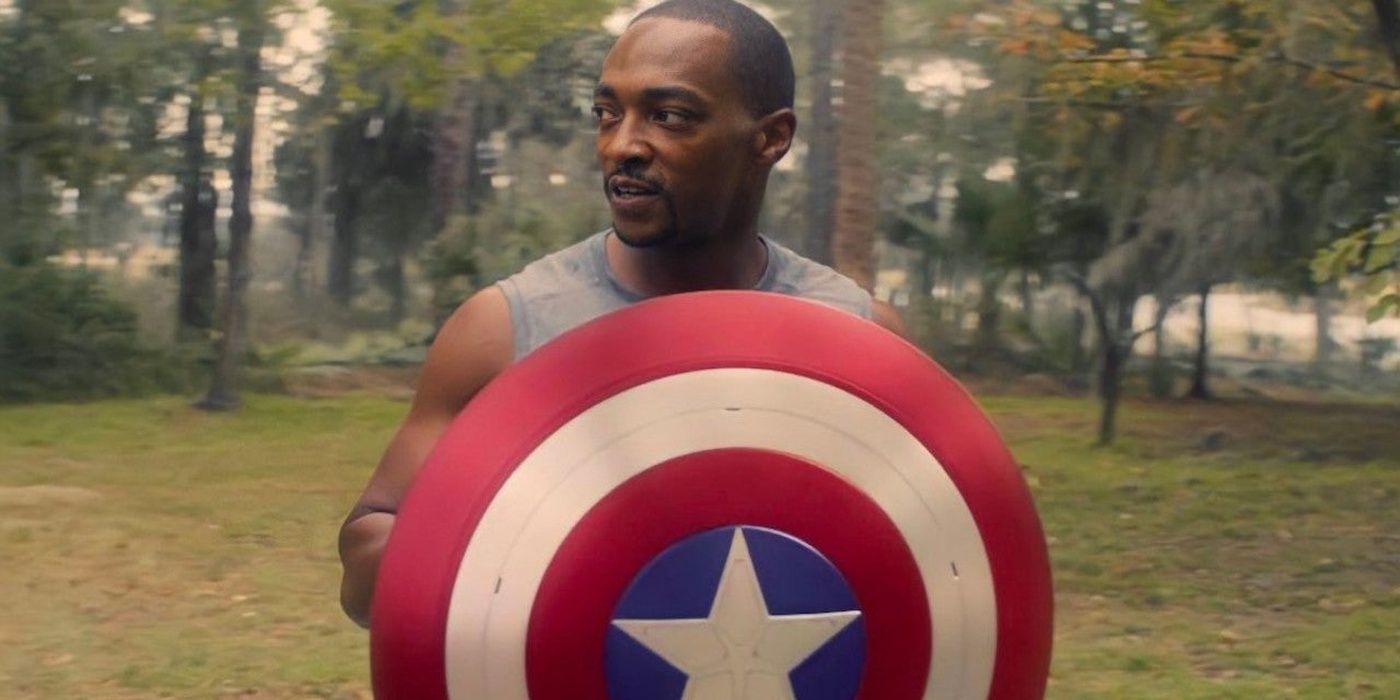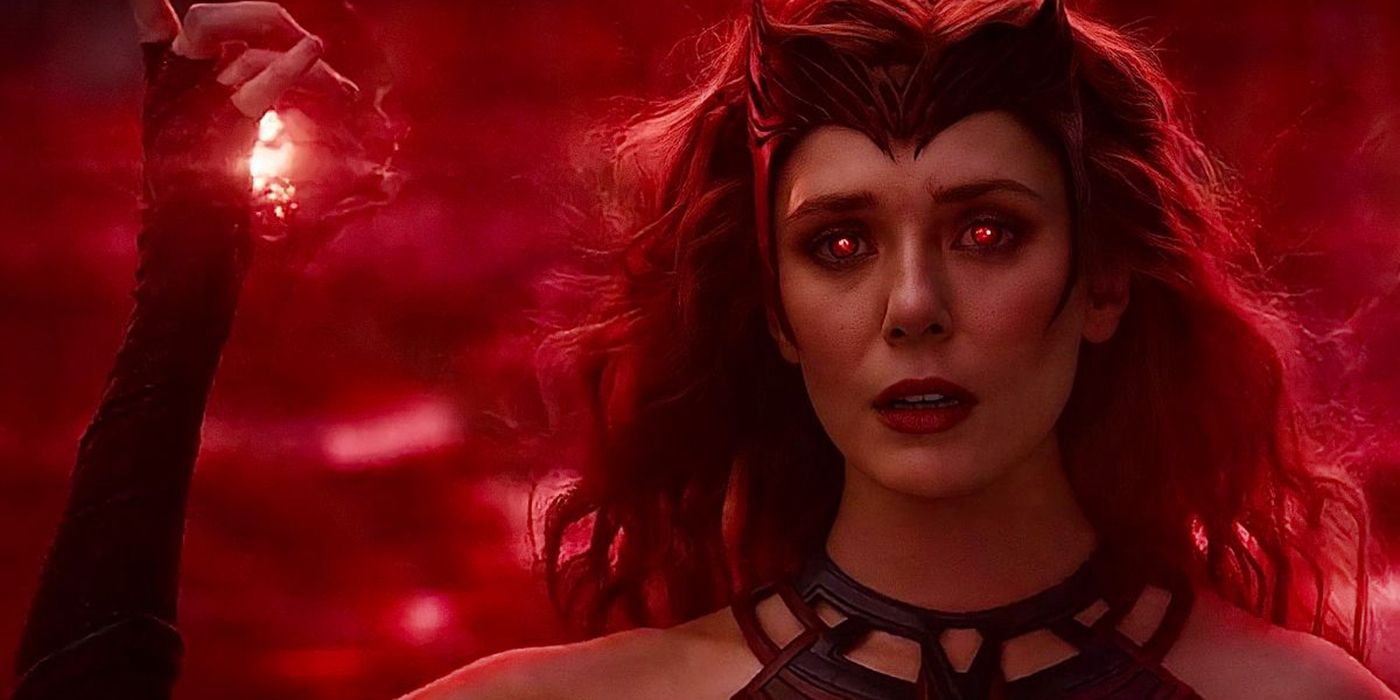Since its inception, the Marvel Cinematic Universe has gone on to become one of the most popular brands around the world. While the Marvel comic books had a huge fan base, the movies have introduced the beloved characters to a larger audience that has come to love and accept them with passion. Over the years, Marvel narrated their captivating stories, and one person who became synonymous with the telling of these tales was Stan Lee.
In 2018, the co-creator of Marvel comics died at age 95, but he left behind a legacy that will forever be remembered and honored. He was always open about his vision of creating a universe that was diverse, inclusive, and a representation of the world that the fans of the comics and movies lived in. While the MCU failed to cater to this vision initially, the movies are now finally aligning with Lee’s philosophy and after more than a decade, they are more representative of the universe that he envisioned.
A video message released by Marvel in 2017 has resurfaced on Reddit recently, where Lee highlights the need for movies that have room for everyone and focus on representing the population as “one big family,” irrespective of “their race, gender, religion or color of their skin”. Additionally, in past interviews, Lee also confirmed how he wanted the heroes to be characters that the readers could relate to. “Marvel has always been and always will be a reflection of the world right outside our window,” he is heard saying in the video clip.
His imagination led to the creation of extremely memorable characters who weren’t just perfect superheroes. With many of the Marvel comics’ characters having lost family members at some point in their story arcs, they were all made to be more human and relatable. The same sentiments have been translated to the MCU. From Peter Parker watching his uncle die in his arms, killed by the burglar he lets go, to Wanda losing her parents when a bomb strikes their apartment as the family enjoys a meal together, Marvel has never failed to strike a chord with its viewers. The stories and characters have all been accepted wholeheartedly by Marvel fans, with Lee’s vision of having a broken world saved by imperfect heroes going on to become one of the biggest successes in Hollywood.
However, that’s not all. Lee had a clear mission about bringing more diversity into the comics and the films. With the ever-changing social-climate in the world, it was important that the stories portrayed diversity to include every segment of society. The MCU couldn’t just be filled with a bunch of White male superheroes. It would be refreshing to see a fictional universe where everyone had equal status, which is what Lee wanted, and what the MCU has finally steered towards.
In 2018, Marvel Studios boss Kevin Feige confirmed that their films would become more inclusive moving forward. It might have taken a decade to get there, with the MCU being launched in 2008 with Iron Man, but things were finally moving in the direction that Lee wanted. The biggest example of this shift was 2018’s Black Panther, a film with an almost entirely Black cast. While there have been several Black characters in previous MCU films, Black Panther was the first standalone movie for a Black superhero and it was obviously the right move for Marvel as the film is one of the highest-grossing MCU movies. Not only did it bring more viewers to the cinemas, it also went on to become a cultural phenomenon, with a huge part of the population suddenly feeling included in one of the biggest brands in the world.
The ongoing push for diversity has continued since. The final episode of The Falcon and The Winter Soldier officially introduced the first Black Captain America. Not only was the move in line with the comics, but it was used to represent an extremely relevant socio-political message. Just before the episode ends, Anthony Mackie’s Sam Wilson launches into a monologue that highlights institutional racism, something that was the running theme throughout the season. In his journey from being the Falcon to becoming Captain America, the series dove deep into the issues of race, something that has rarely been seen in the MCU before. With this series, Marvel did not shy away from addressing an issue that has been spoken of for years, but is only recently being portrayed as part of the mainstream.
Phase Four of the MCU will also introduce the world to the first Asian superhero, Shang-Chi. With a largely Asian cast, Shang-Chi and the Legend of the Ten Rings arrives in theaters in September, with the Chinese-born hero going up against a terrorist organization and possibly the Mandarin. This move seems timely, too, with an entire generation of people now rallying against anti-Asian hate crimes in the USA, something the Shang-Chi star Simu Liu also feels very strongly about.
Several female characters have been introduced into the MCU over the years as well, with 2019’s The Avengers: Endgame bringing together most of these in the final battle. Captain Marvel, released in 2019, was the first standalone film for a female lead. One of the most powerful heroes in the comics, Captain Marvel was brought to life in the 2019 film. While some fans believed the character needed some improvement, the movie worked hard to tell the character's compelling story and offer fans a glimpse into how she goes on to become someone who holds her own when the world around her is crumbling.
Fans recently also got to experience the Scarlet Witch’s story in the Disney Plus series WandaVision. Having lost her parents at an early age, being experimented on at HYDRA, and watching her brother and the love of her life die would seem like the kind of events that would completely shatter the much-loved hero. But WandaVision brought fans a step closer to realizing how despite all that loss, the Scarlet Witch has the power to defeat her foes when the need arises. Later this year, Natasha Romanoff’s struggles will be portrayed in Black Widow and the world will also meet Kamala Khan/Ms. Marvel, the first Muslim superhero to join the MCU.
All these changes over the past few years only go on to show that the MCU is finally aligning with Lee’s vision of creating a universe that fans would feel a part of, as they are seen and represented on the big, and now small, screen. The heroes’ flaws and various cultural backgrounds has not only worked towards making fans feel more included, but it also acts as a social message of how people, living normal lives, could also stand up to stop injustice and support those who are being wronged. Marvel now holds the power to influence change in people’s mindsets, but with great power comes great responsibility and only time will tell how well this power is used moving forward.


